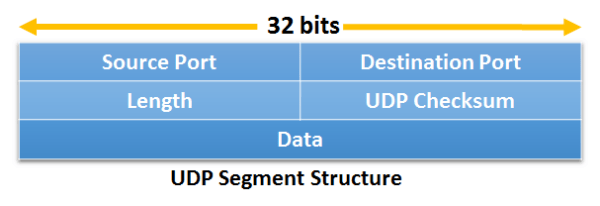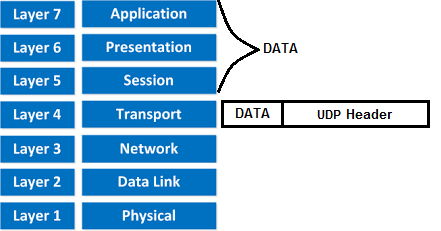


This could be due to insufficient system memory or an ICMP error. UNREPLIED src10.4.1.100 dst10.1.1.100 sport80 dport48348 packets0. In general we should DROP the package of this state. TCP reply packet always correctly SNATed. including their destination and source IP addresses and TCP/UDP port numbers. While TCP doesn't encounter such issue ( dnscrypt-proxy also serves TCP). And dig and nslookup can get reply from transparent DNS proxy. 86 s dport38776 ASSURED mark0 secmark0 use2 udp 17 173 src5. I saw on wireshark the reply packet correctly SNATed. conntrack L unknown 2 517 s ro0.0.0.0 dst224.0.0.1 UNREPLIED J S ro. My browser can't open URLs, and nslookup and dig say: reply from unexpected source: 192.168.3.60#1053, expected 192.168.3.1#53 ( -j REDIRECT is equal to -j DNAT -to 127.0.0.1:)ĭidn't work. Or iptables -t nat -I OUTPUT -p udp -dport 53 -j DNAT -to 127.0.0.1:1053 This is what I found from Internet how we transparent proxy UDP traffic: iptables -t nat -I OUTPUT -p udp -dport 53 -j REDIRECT-to-ports 1053 The reply is arrived, the unreplied flag is gone, it means this UDP connection is in ESTABLISHED state for a small amount of time defined in your system. Here are the locations and default values that can be updated from the web interface: wrt6: grep.

I ran it at 300 seconds most of the day with no issue. Im still experimenting with the tcp value. I wanted to make all my Linux host's DNS queries transparently use that proxy. I set it to 15 seconds to keep memory usage down. I ran dnscrypt-proxy or tor on Linux listning on :1053 to server DNS.


 0 kommentar(er)
0 kommentar(er)
